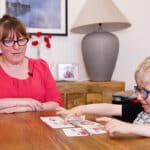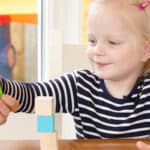
Listening to audiobooks and podcasts can be a great way to work on your listening skills with your hearing implant, particularly when you don’t have a communication partner nearby. Not sure where to start? In this post, we will share some tips for using audiobooks and podcasts to advance your listening skills.
.png)




